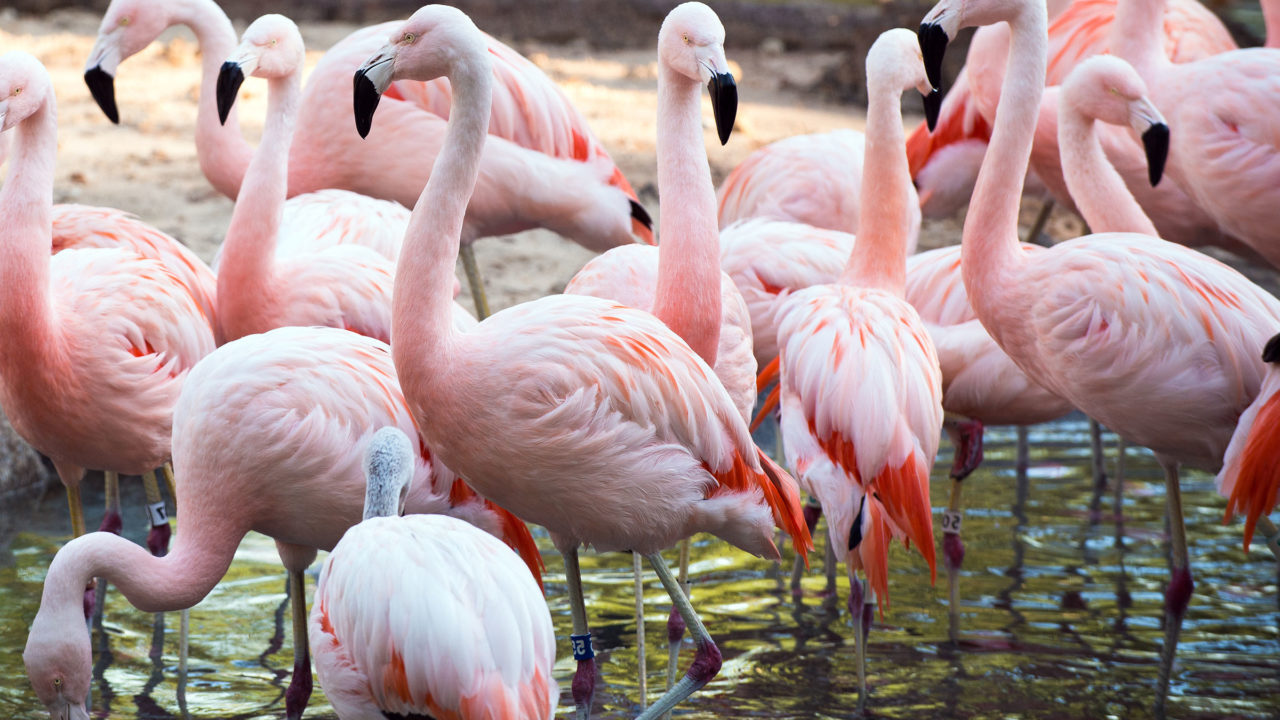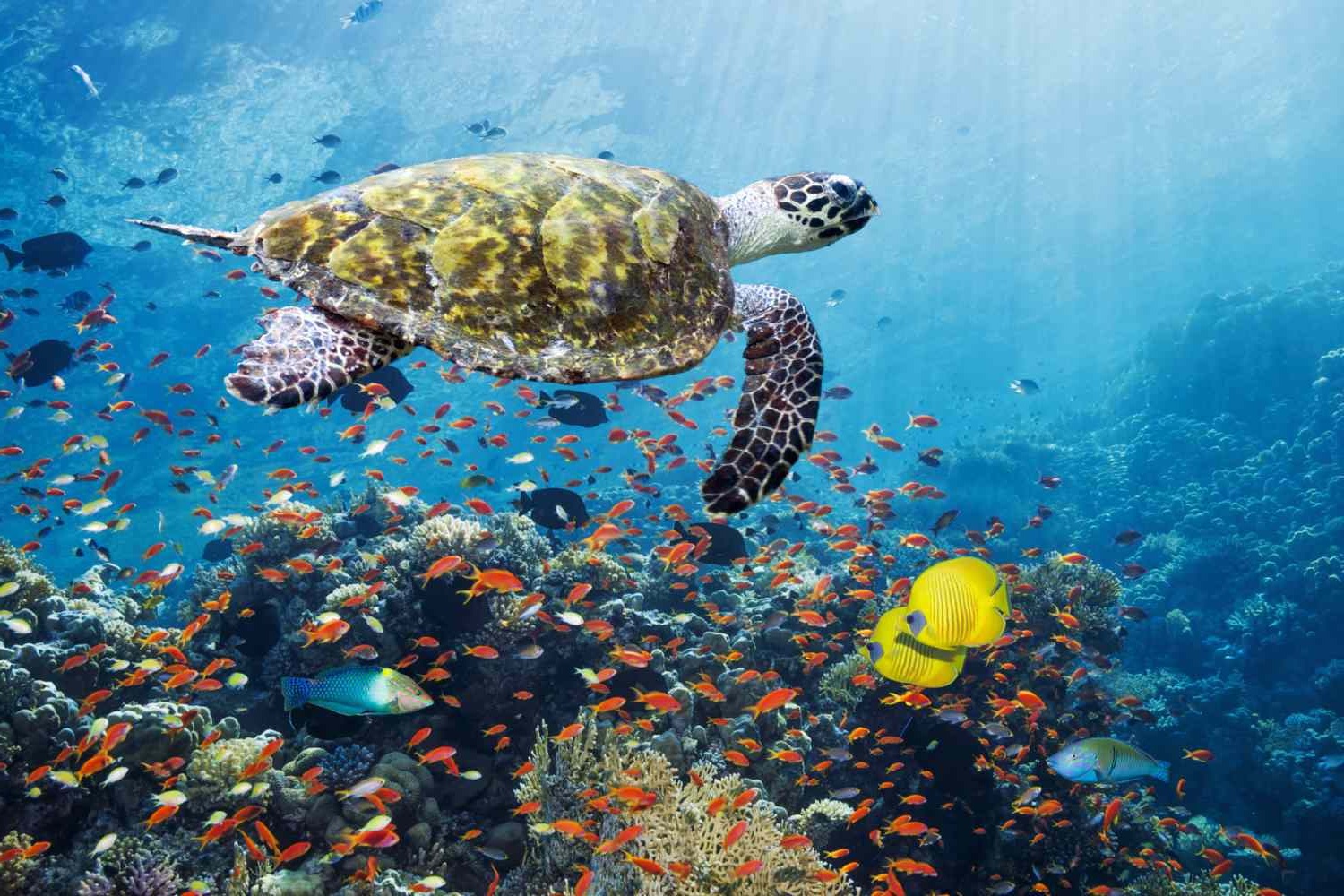
Are you curious about what makes UK zoos stand out? UK zoos are not just places where animals are kept but are centers of conservation, education, and research, contributing significantly to the preservation of species and their habitats. From the world-renowned London Zoo, the world's oldest scientific zoo, to the pioneering conservation projects at Chester Zoo, these institutions play a crucial role in global conservation efforts. They offer unique experiences for visitors, combining the thrill of seeing exotic animals up close with the opportunity to learn about and contribute to their conservation. In this introduction, we'll uncover 23 fascinating facts about UK zoos, shedding light on their history, achievements, and the pivotal role they play in conservation and education. Whether you're an animal lover, a conservation enthusiast, or simply looking for an enlightening day out, UK zoos have something to offer everyone.
What Makes UK Zoos Unique?
UK zoos stand out for their commitment to conservation, education, and research. These institutions not only provide a home for a wide range of species but also play a crucial role in protecting endangered animals and their habitats. Through engaging exhibits and interactive educational programs, zoos in the UK aim to raise awareness about wildlife conservation and inspire visitors to take action in preserving our planet's biodiversity.
-
London Zoo, established in 1828, is the world's oldest scientific zoo. It was initially created for scientific study but opened to the public in 1847 to aid funding for the zoo's conservation efforts.
-
Chester Zoo is not only the most visited zoo in the UK but also a leading zoo globally for its conservation work. It supports over 70 projects worldwide, focusing on the protection of endangered species.
Conservation Efforts Led by UK Zoos
UK zoos are at the forefront of global conservation efforts, working tirelessly to protect species from extinction. Their work extends beyond the confines of the zoo, reaching into the wild to restore habitats, reintroduce species, and conduct vital research.
-
The Bristol Zoo Gardens has successfully bred a number of endangered species, including the critically endangered Socorro dove, which is extinct in the wild.
-
Edinburgh Zoo is home to the UK's only giant pandas, Tian Tian and Yang Guang, as part of a global conservation breeding program aimed at increasing the panda population.
Educational Programs and Research
Education is a key pillar for zoos in the UK. They offer a wide range of programs designed to teach visitors of all ages about the importance of wildlife conservation, animal behavior, and the challenges faced by different species in the wild.
-
ZSL London Zoo runs the EDGE of Existence program, focusing on conserving Evolutionarily Distinct and Globally Endangered (EDGE) species, which have few close relatives on the tree of life.
-
Many UK zoos, including Paignton Zoo, participate in scientific research, contributing valuable data on animal health, behavior, and genetics to the global scientific community.
Unique Exhibits and Experiences
Visitors to UK zoos can enjoy a variety of unique exhibits and immersive experiences that bring them closer to the animal kingdom. These experiences are designed to be both educational and entertaining, providing unforgettable memories while fostering a deeper appreciation for wildlife.
-
Whipsnade Zoo offers a "Lookout Lodge" experience, where guests can stay overnight within the zoo, experiencing the sounds of the animals under the stars.
-
At Chester Zoo, the "Islands" exhibit transports visitors to Southeast Asia, showcasing the biodiversity of the Philippines, Bali, Sumatra, Sumba, and Sulawesi, with a focus on conservation and research efforts in these regions.
The Role of Zoos in Wildlife Conservation
UK zoos play a pivotal role in wildlife conservation, both locally and internationally. They are involved in breeding programs for endangered species, habitat restoration projects, and efforts to combat wildlife trafficking and poaching.
-
Twycross Zoo is renowned for its primate conservation work, having one of the most extensive collections of gibbons in Europe and participating in breeding programs for critically endangered species.
-
The Aspinall Foundation, associated with Howletts and Port Lympne reserves, works on reintroduction projects, successfully returning gorillas, rhinos, and other animals to their natural habitats.
Challenges and Controversies
While UK zoos contribute significantly to conservation and education, they also face challenges and controversies. Debates around animal welfare, the ethics of keeping animals in captivity, and the impact of zoos on conservation are ongoing.
-
Critics argue that no matter how well-designed the enclosures are, they cannot replicate the animals' natural habitats, potentially leading to physical and psychological issues for the animals.
-
Despite these challenges, UK zoos continue to evolve, adopting more humane and naturalistic designs for enclosures and focusing increasingly on conservation science and animal welfare standards.
Future of UK Zoos
Looking ahead, UK zoos are poised to play an even greater role in conservation and education. With advancements in technology, zoos can offer more immersive and interactive experiences, furthering their mission to connect people with nature and inspire conservation action.
-
Innovations like virtual reality (VR) experiences and live streaming of animal behaviors allow zoos to reach a broader audience, extending their educational impact beyond physical visits.
-
As climate change and habitat destruction escalate, the conservation work of zoos becomes more critical. UK zoos are expanding their efforts in global biodiversity conservation, aiming to safeguard species for future generations.
-
The Wild Planet Trust, which operates Paignton Zoo and Newquay Zoo, focuses on both global and local conservation projects, emphasizing the interconnectedness of all living things and the importance of preserving natural habitats.
-
BIAZA, the British and Irish Association of Zoos and Aquariums, represents over 100 member organizations, setting high standards for animal welfare, education, and conservation among UK zoos.
-
With ongoing research and conservation projects, UK zoos contribute to scientific knowledge about species conservation, animal behavior, and ecosystem health, playing a vital role in the global effort to protect our planet's biodiversity.
-
Project Elephant at Blackpool Zoo is an example of how UK zoos are leading in creating more naturalistic habitats for large mammals, focusing on the welfare and conservation of Asian elephants.
-
The National Zoo BioBank is a groundbreaking initiative by UK zoos to preserve genetic material from endangered species, offering hope for future reintroductions and conservation efforts.
-
Zoo conservation campaigns, such as the annual "Love Your Zoo" week, engage the public in conservation activities and raise awareness about the critical work zoos do in preserving wildlife.
-
Microplastic research conducted by zoos, including studies on the impact of microplastics on marine life, highlights the role of zoos in addressing contemporary environmental challenges.
-
Through partnerships with local and international conservation organizations, UK zoos extend their impact, working on habitat restoration, anti-poaching initiatives, and wildlife health monitoring.
-
As centers of conservation, education, and research, UK zoos are vital in the fight against biodiversity loss, demonstrating the power of collective action in preserving our natural world for generations to come.
A Final Stroll Through UK Zoos
UK zoos offer a unique blend of education, conservation, and entertainment. They're not just places to see animals but hubs where conservation meets public awareness. From the pioneering work of Chester Zoo in endangered species breeding programs to the immersive experiences at London Zoo, these institutions play a crucial role in wildlife preservation. They also serve as gateways to understanding the delicate balance of ecosystems. Engaging with these zoos, visitors become part of a larger conversation on conservation and the future of our planet's biodiversity. Next time you're planning a visit, remember, it's more than just a day out. It's a chance to connect with nature and support vital conservation efforts. UK zoos are indeed windows to the wild, where every visit contributes to a larger purpose.
Was this page helpful?
Our commitment to delivering trustworthy and engaging content is at the heart of what we do. Each fact on our site is contributed by real users like you, bringing a wealth of diverse insights and information. To ensure the highest standards of accuracy and reliability, our dedicated editors meticulously review each submission. This process guarantees that the facts we share are not only fascinating but also credible. Trust in our commitment to quality and authenticity as you explore and learn with us.


